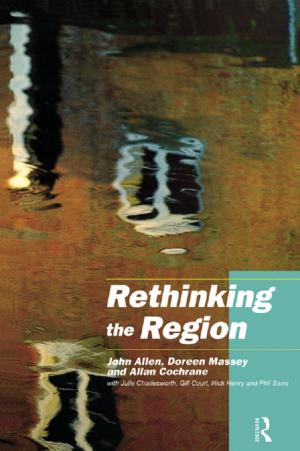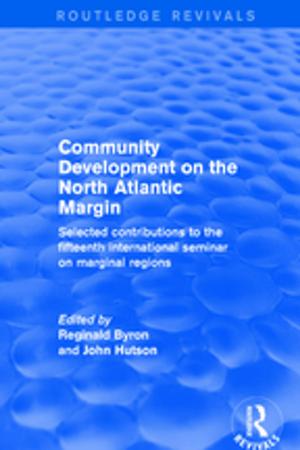Archaeologies of Placemaking
Monuments, Memories, and Engagement in Native North America
Nonfiction, Social & Cultural Studies, Social Science, Archaeology| Author: | ISBN: | 9781315434278 | |
| Publisher: | Taylor and Francis | Publication: | July 1, 2016 |
| Imprint: | Routledge | Language: | English |
| Author: | |
| ISBN: | 9781315434278 |
| Publisher: | Taylor and Francis |
| Publication: | July 1, 2016 |
| Imprint: | Routledge |
| Language: | English |
This collection of original essays explores the tensions between prevailing regional and national versions of Indigenous pasts created, reified, and disseminated through monuments, and Indigenous peoples’ memories and experiences of place. The contributors ask critical questions about historic preservation and commemoration methods used by modern societies and their impact on the perception and identity of the people they supposedly remember, who are generally not consulted in the commemoration process. They discuss dichotomies of history and memory, place and displacement, public spectacle and private engagement, and reconciliation and re-appropriation of the heritage of indigenous people shown in these monuments. While the case studies deal with North American indigenous experience—from California to Virginia, and from the Southwest to New England and the Canadian Maritime—they have implications for dealings between indigenous peoples and nation states worldwide. Sponsored by the World Archaeological Congress.
This collection of original essays explores the tensions between prevailing regional and national versions of Indigenous pasts created, reified, and disseminated through monuments, and Indigenous peoples’ memories and experiences of place. The contributors ask critical questions about historic preservation and commemoration methods used by modern societies and their impact on the perception and identity of the people they supposedly remember, who are generally not consulted in the commemoration process. They discuss dichotomies of history and memory, place and displacement, public spectacle and private engagement, and reconciliation and re-appropriation of the heritage of indigenous people shown in these monuments. While the case studies deal with North American indigenous experience—from California to Virginia, and from the Southwest to New England and the Canadian Maritime—they have implications for dealings between indigenous peoples and nation states worldwide. Sponsored by the World Archaeological Congress.















